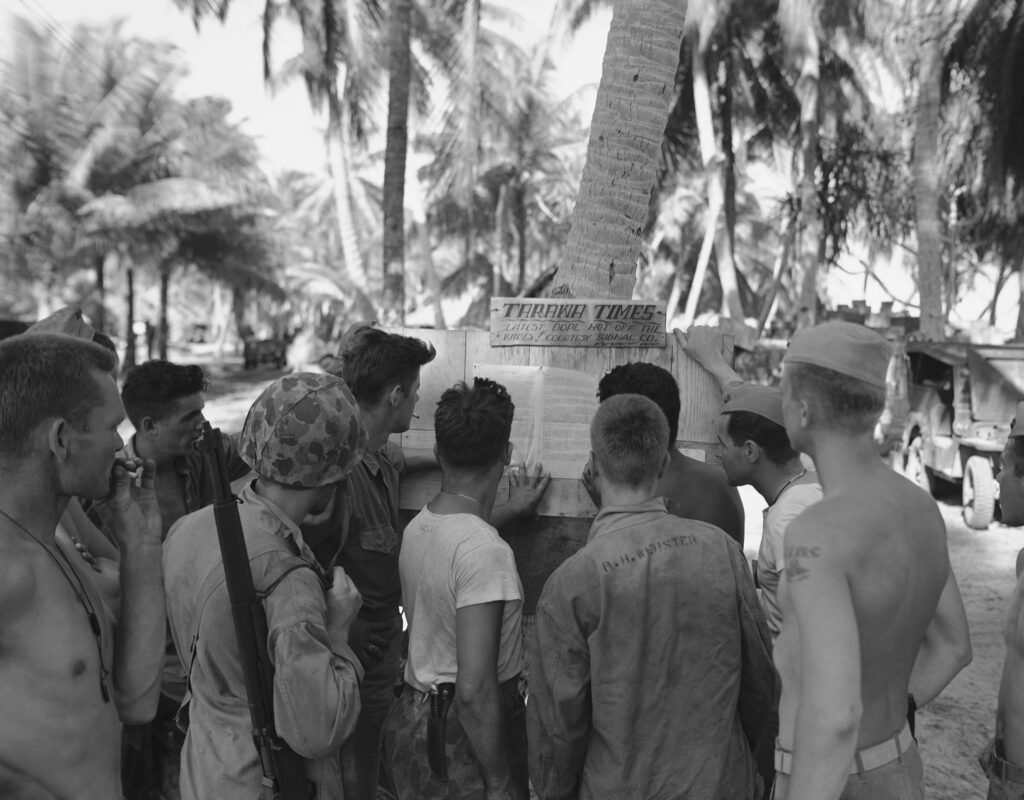
China has sent a “police delegation team” to the Pacific island state of Kiribati, to the alarm of U.S. and allied officials troubled by Beijing’s footholds in the waterways between Australia and Hawaii.
“We are aware that they are seeking a greater security role in the Pacific, and we have been consistent in our view that there is no role for China in policing, or broader security, in the Pacific,” said Australian lawmaker Pat Conroy, the minister for the Pacific and international development.
China has made a sustained effort to expand its presence to the east of Australia, including in countries such as the Solomon Islands, the strategic significance of which was demonstrated by the bloody clash at Guadalcanal during the Second World War. Kiribati, likewise, was the scene of an intense battle as the American forces fought their way across the Pacific to imperial Japan, and the recent revelation of China’s presence in the small archipelago drew an immediate response from officials and lawmakers in Washington.

“If we don’t engage more with our Pacific partners like Kiribati to counter this CCP malign influence, we could face serious trade and national security issues,” Rep. Neal Dunn (R-FL), who sits on the House Select Committee on the Chinese Communist Party, told Voice of America this week.
About a dozen Chinese law enforcement officials have deployed to Kiribati “to assist on Community Policing program and Martial Arts (Tai Chi) Kung Fu, and IT department assisting our crime database program,” as acting police commissioner Eeri Aritiera wrote to Reuters.
“China is now infiltrating Kiribati as they lend security ‘help’ through apparent community policing and a crime database program,” Sen. Marco Rubio (R-FL) wrote on social media. “This is a Trojan Horse. Communist China will stop at nothing to make inroads in a sovereign nation.”
CLICK HERE TO READ MORE FROM THE WASHINGTON EXAMINER
Secretary of State Antony Blinken’s team sent a similar message.
“We do not believe importing security forces from the PRC will help any Pacific Island country,” a State Department spokesperson told Reuters. “Instead, doing so risks fueling regional and international tensions.”







